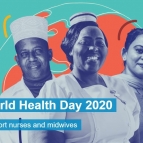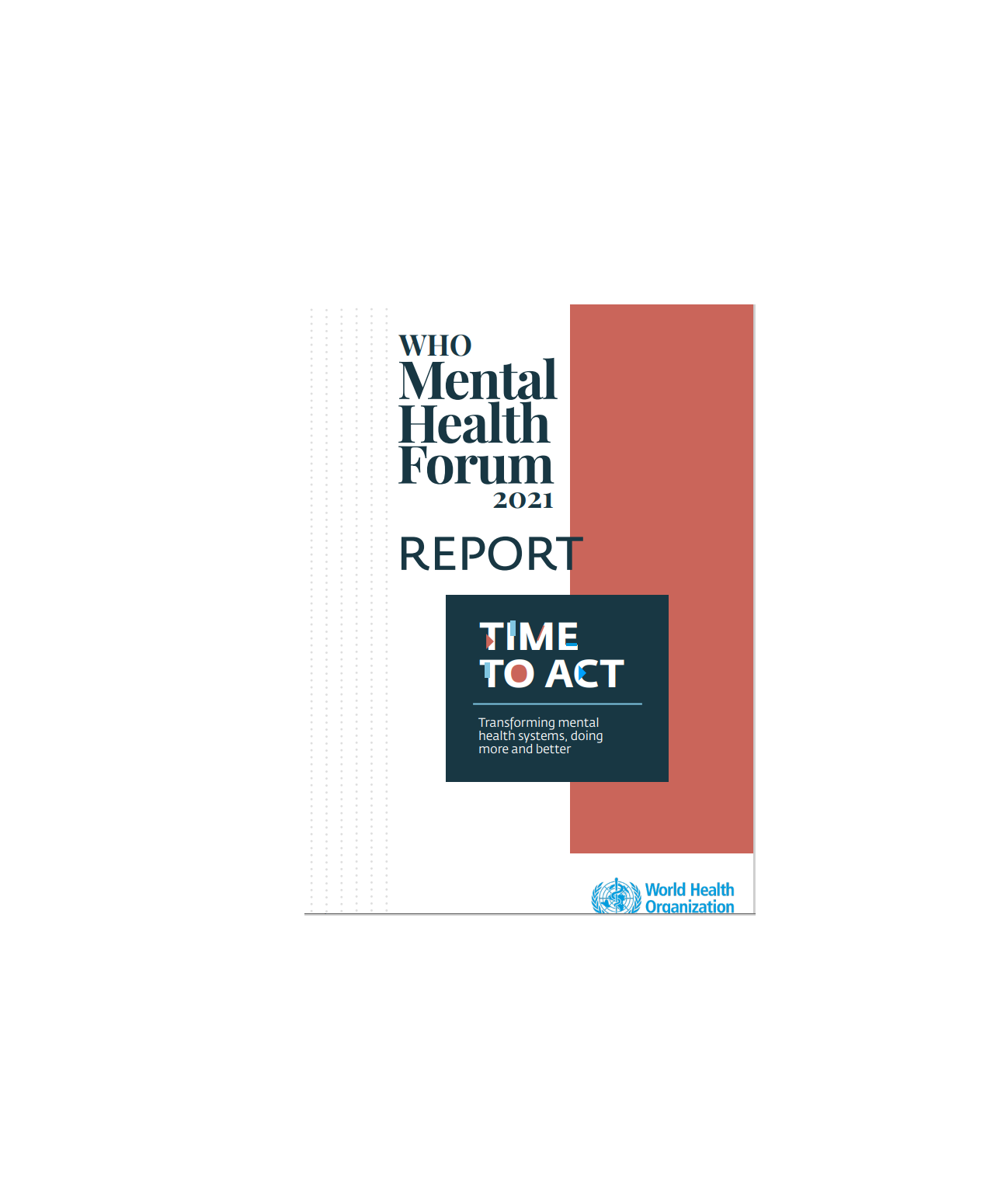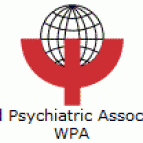INTERNATIONAL PREMATURITY MONTH
PURPLE NOVEMBER[i]
INTERNATIONAL PREMATURITY AWARENESS MONTH
NOVEMBER 17
WORLD PREMATURITY DAY
DO WE NEED TO TALK ABOUT PREMATURITY?
1. Because prematurity is a worldwide public health problem, as it affects 15 million children every year: one (i) out of ten (10) babies worldwide[i]
2. Because prematurity is the leading cause of neonatal death (from 0 to 28 days) and infant mortality (under 5 years) in the world. More than one million children die each year from complications of premature birth.
3. Because prematurity is an important cause of serious morbidities, associated with long hospital stays.
4. Because survivors of premature births may face adverse health consequences throughout their lives related to physical, cognitive, emotional, and behavioral development.
5. Because the consequences of prematurity generate an expressive burden for families and society.
6. Because there are countless causes that lead to premature birth, but not all of them are yet known; in many instances, it cannot be associated with a specific cause.
7. Because prioritizing preventive action, diagnosis and provision of adequate care, as well as awareness of the effects of prematurity, are urgent and necessary measures to face the problem.
8. Because it is a way of drawing the attention of public authorities, private authorities, society in general about the seriousness of the issue and the need for preventive measures, humanization of care, adequate and equal treatment.
9. Because inequalities in survival rates around the world are still disparate and require urgent and effective measures, being one of the main challenges inherent in-service provision. In developing countries, half of babies born at 32 weeks die due to a lack of essential measures, such as support for breastfeeding and basic care to prevent infections and breathing difficulties[ii]
10. Because it is necessary to involve parents and family in care, stimulation, and interaction, as a crucial factor for the physical, cognitive and emotional development of children born prematurely.
11. Because it is necessary to invest in the training of health professionals in primary care and in improving the postnatal approach, for prior identification and initiation of treatment.
12. Because investment is needed in the functionalization and equipment of Neonatal Inpatient Units and in advanced technologies to minimize the consequences of early birth.
Emilia Afrange
Psicoterapeuta, Psicóloga Clínica – CRP 14.555/06 – e-Psi 140438 Presidente da FLAPSI – Federação Latino-Americana de Psicoterapia (2016-2018/2018-2021) (www.flapsi.org) ;
Fundadora da ABRAP – Associação Brasileira de Psicoterapia (em 2004) (www.abrap.org );
Presidente da ABRAP- Associação Brasileira de Psicoterapia (2009-2011; 2013-2015 e 2015-2017) (www.abrap.org );
Vice-presidente da ABRAP – Associação Brasileira de Psicoterapia (2017-2019) (www.abrap.org );
Coordenadora Brasileira dos Pesquisadores em Psicoterapia no Capítulo Latino-Americano
(2013-2017) na SPR-LA-Sociedade de Pesquisa em Psicoterapia (http://www.psychotherapyresearch.org/);
Professora e supervisora do Instituto Sede Sapientiae (1996-2019) (www.sedes.org.br );
Coordenadora do Serviço de Psicologia no Ambulatório de Prematuros na “Escola Paulista De
Medicina” e participante da ONG Viver e Sorrir desde 2012 (http://www.viveresorrir.org.br/ );
Diretora do Instituto de Prematuros da ONG Viver e Sorrir (2020-2024) (http://www.viveresorrir.org.br/ )
Colaboradora na ONG Mamãe Associação de Assistência a Criança Santamarense desde 1985
Membro afiliado do Instituto Durval Marcondes da Sociedade Brasileira de Psicanálise em São
Paulo desde 2015 (http://www.sbpsp.org.br/ );
Membro do FENPB – Fórum de Entidades Nacionais da Psicologia Brasileira (2010-2019)









